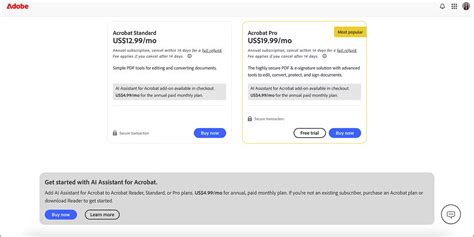AI and Smart Contracts: A Blueprint for Decentralized Trust
In the past decade, artificial intelligence (AI) and blockchain technology have revolutionized the way we think about money, trust, and governance. The emergence of decentralized finance (DeFi), non-fungible tokens (NFTs), and smart contracts has created a new paradigm for secure, transparent, and trustworthy financial systems.
The Problem with Traditional Trust
Traditional trust is built on human relationships, social norms, and institutions. However, these systems are inherently fragile and susceptible to manipulation or exploitation. The lack of transparency, accountability, and security in traditional finance can lead to devastating consequences, including financial crises, corruption, and economic instability.
AI-Powered Decentralized Trust
The convergence of AI and blockchain technology has the potential to revolutionize trust in various domains. Here’s a blueprint for decentralized trust using AI and smart contracts:
1. Smart Contracts: The Foundation of Decentralized Trust
Smart contracts are self-executing contracts with the terms of the agreement written directly into lines of code. They automate business processes, enforce rules, and ensure that transactions are secure, transparent, and tamper-proof.
In the context of decentralized finance (DeFi), smart contracts can facilitate the creation and management of digital assets, such as tokens and securities. By leveraging AI-powered contract design tools, developers can create more efficient, scalable, and secure DeFi platforms that cater to a wide range of use cases.
2. AI-Powered Smart Contract Platforms
Several platforms are emerging that integrate AI into their smart contracts, enabling the creation of more complex and dynamic systems. Some notable examples include:
- Chainlink: A decentralized data marketplace that leverages machine learning (ML) algorithms to provide real-time data feeds for various applications.
- Aion

: An AI-powered blockchain platform that uses ML to optimize trading strategies and automate asset management.
- Quantum Ledger Technologies (QLT): A company that utilizes AI to develop quantum-resistant smart contracts, providing enhanced security and transparency.
3. Decentralized Autonomous Organizations (DAOs) with AI
Decentralized autonomous organizations (DAOs) are entities that operate without a central authority or single point of control. DAOs can be designed using smart contracts and AI-powered tools to create more efficient, adaptive, and resilient decision-making processes.
The use of AI in DAO design enables the creation of more complex decision-making algorithms, which can adapt to changing market conditions and incorporate machine learning techniques for improved performance. For example:
- DAO-based voting systems: Using AI-powered voting systems, DAO members can participate in decision-making through a secure and transparent process.
- AI-driven risk management: By analyzing market data and predicting potential risks, smart contracts can automate the allocation of resources and minimize losses.
4. Blockchain-Based Trust Networks
Blockchain-based trust networks are built on top of decentralized ledgers (DLs) like Bitcoin or Ethereum. These networks utilize AI-powered protocols to verify transactions, enforce rules, and facilitate secure communication between participants.
Trust networks have several benefits, including:
- Improved security: By using cryptographic techniques to ensure transaction integrity, trust networks can provide a high level of security.
- Increased transparency: The use of blockchain-based trust networks enables the creation of immutable records that are tamper-proof and verifiable.